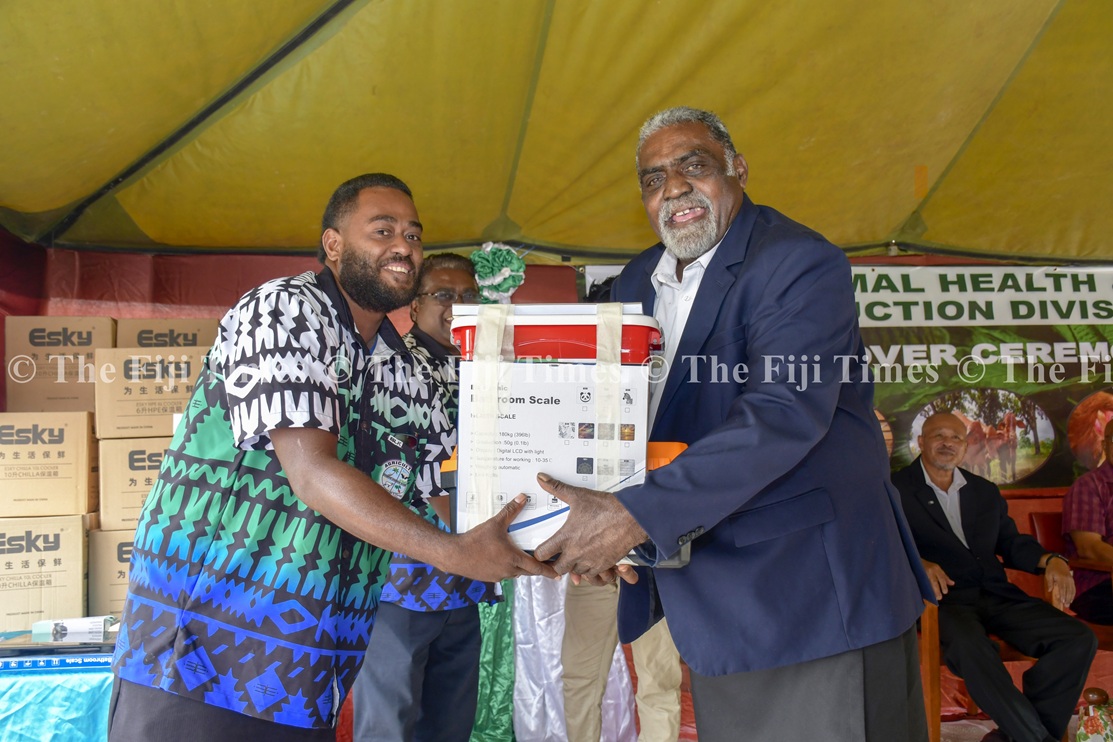Along the quiet rural stretches of Ra, where winding roads lead to isolated farms and communities, one man’s mission to protect animal health has become a lifeline for subsistence farmers.
He is Ioane Rokouca, a 31-year-old veterinarian whose journey is defined by perseverance, purpose and patience.
Mr Rokouca’s career began in 2014 with the Ministry of Agriculture when he was just 20 years old.
His first posting was in Naitasiri where he spent six years walking steep hills and navigating muddy tracks to deliver animal health services to remote villages.
From there, he served four more years on Kadavu before settling in Dobuilevu, Ra, where he’s now in his second year as a practising veterinarian.
“Being a vet takes patience,” Mr Rokouca said with quiet confidence.
“I was a trainee for about two years before I got a permanent post.
“So, for those graduating and dreaming of this job, have patience, and trust the journey.”
He said as a child, he dreamed of becoming a surgical officer, but financial barriers meant medical school was out of reach.
Instead, he pursued agriculture, majoring in animal science and husbandry, a decision which turned out to be a blessing in disguise.
“I was offered a private course by the ministry to work with animals,” he said.
“Later, I did another one on animal inspection and hygiene.
“And of course, we took part in training to learn about diseases animals suffer and the treatment they need.”
In Ra, where most of the people he serves are subsistence farmers, challenges abound.
The distance between villages and veterinary clinics can mean the difference between life and death for livestock.
“Transport is a huge issue. By the time we get to the livestock, most are already on the verge of death. It’s painful to see.
“We try very hard to bring them back to good health.”
He described the heartbreak of arriving too late, but also the joy of saving an animal that a family relies on for food, income or cultural obligations.
“The farmers we help raise their animals mostly to feed their families, they aren’t commercial.
“They depend on these animals to survive.”
Despite the long hours, limited resources and difficult terrain, Mr Rokouca remains deeply committed to his work.
He speaks with pride about the ministry’s ongoing efforts to provide more training, tools and equipment to field officers like him.
The recent handover of veterinary clinical kits, for example, means he and his colleagues can now respond faster and more effectively to emergencies.
“It’s not just about the tools.
“It’s about being ready to serve. It’s about our people knowing that when they call, someone will come.
“I may not have become a surgical doctor, but I still get to save lives every day.”



